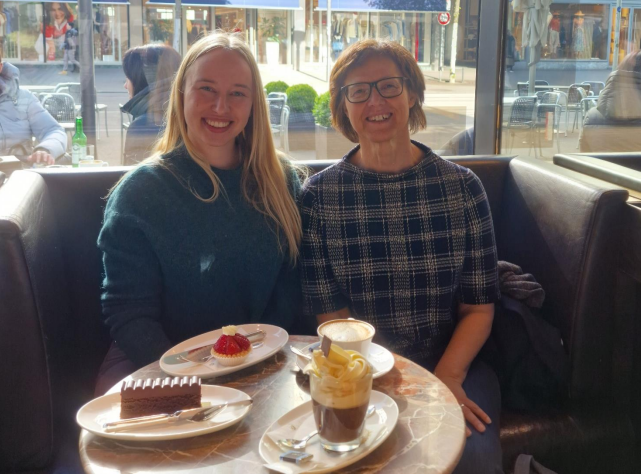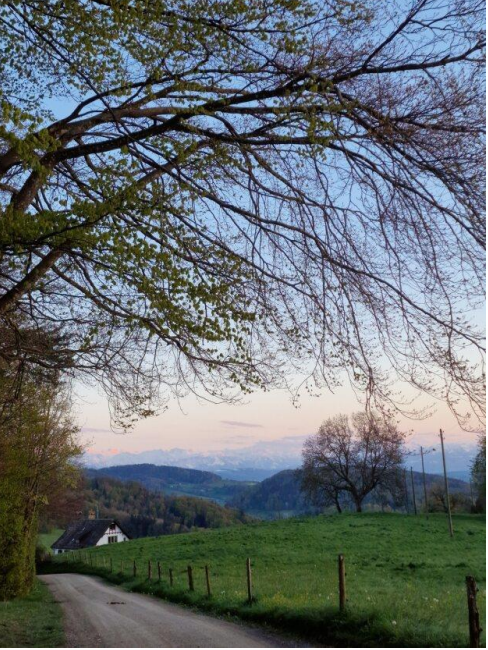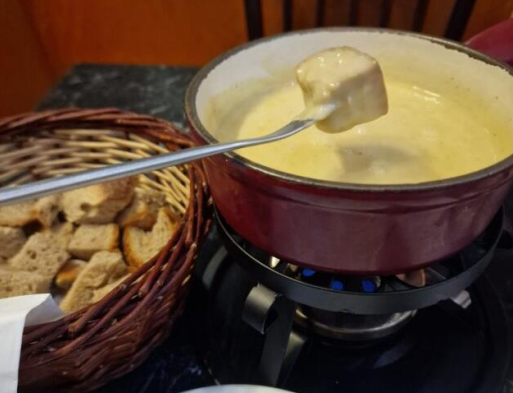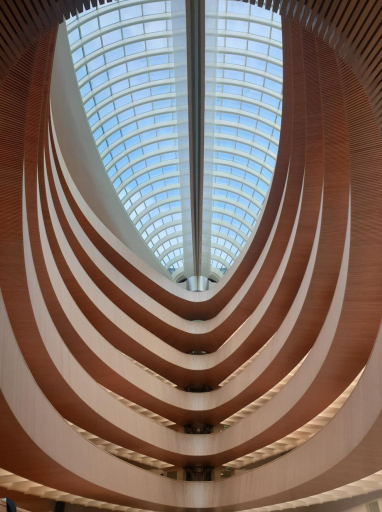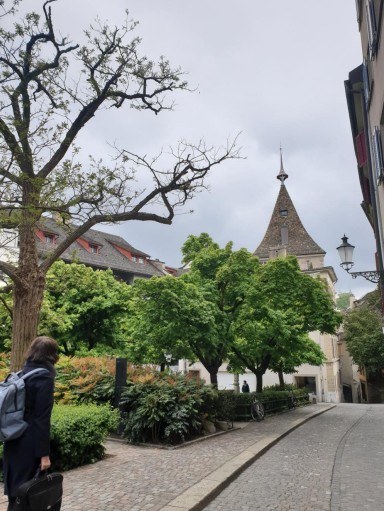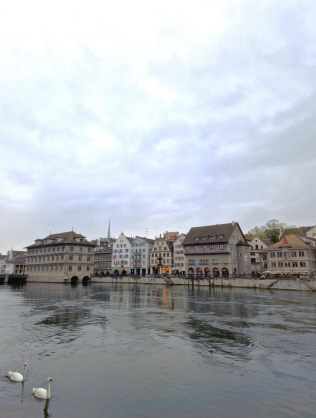Who are you and what is your role at your university?
I am working as an early-career researcher and as a specialist in a coordination unit of University of Helsinki, where my tasks are to support sustainability and transdisciplinary efforts in Lahti region, Finland. Meaningful sustainability transformations and smooth transdisciplinary collaboration are known to be notoriously difficult. Thus, my tasks are challenging while I work as a connector between researchers, research institutes and implementation at various organisations. To be specific, I work for a novel 10-year programme in Lahti that advances planetary health and its practical application – Nature Step to Health. It is an integrated approach to sustainably balance and optimize the health of people, animals, and ecosystems. The program is a collaboration between Lahti City, the Wellbeing County of Päijät-Häme and the university – together, we are improving the environment and the human health in a more holistic manner.
What motivated you to participate in the Live My Life programme?
Nature Step to Health is a trailblazing program, which also means there is little guidance on how to implement such a program, how to achieve meaningful changes, and how to support multisectoral collaboration and informed decision-making. Whilst novel, similar initiatives are emerging across Europe, and overall, sustainability sciences are being critically examined for more societal impact. Transdisciplinarity is seen as a potential solution for improving results, but it comes with many challenges. I applied to Live My Life programme because I believed that exchanging experiences and ideas with colleagues with similar challenges would help to improve our program’s results and guidance. Different contexts across Europe allow experimenting with different approaches, and thus interregional learning can offer greatest insights.
What was the most captivating or interesting moment of the week?
In general, it surprised me how significant role private funding plays in Swiss research and political decision-making. Private sector is a key stakeholder in Finland too but to a lesser extent. This realisation inspired me to strengthen collaboration and seek co-innovation approaches with businesses as well. In my free time, I was enchanted by the lovely sunset walk in the Uetliberg mountain, the beautiful city streets and the museums that examined values behind human behaviour and materialism. Value-based work and mind shifts are critical for sustainability.
• Tell us something new you have learnt during your days in the partner institution that you didn’t know before.
The sustainability research in the University of Zurich is striving to engage and support communities for transformations. I was able to learn concrete methods and approaches for setting up urban living labs that drive further change and meaningful action from grassroot level. Exchanging ideas on transdisciplinarity was very insightful for recognizing the key aspects that help stakeholders with different values and interests to find common visions, goals, and to define a roadmap for changes. One of the points was ‘understanding expected outcomes’ for each stakeholder. This can help to find common pathways while keeping differences in mind. Besides sustainability in efficiency, Swiss research also focuses on sufficiency – a concept just gaining traction in Finland. It was great to learn how we can better question consumption or business-as-usual, and work with values – what constitutes a good life or a result? What is sufficient? This inspired me to think more about this question as well while we strive for life within planetary boundaries.
What words / expressions did you learn in the language of the host country during your stay abroad?
Rather than words as such, I learnt the values and approach of Swiss people – direct, organised, planned and efficient. This makes the people and their work highly effective.
Tell us about your Una Europa partner and what you learnt or found interesting about them.
My Una Europa’s Live My Life programme partner Jeannette had an interesting background – a transdisciplinary nomad, one might say. From theology and culture to political sciences and sustainability – Jeannette has been able to grasp and utilise key ideas from various fields into a sustainability work that empowers communities, researchers, and organisations across sectors for meaningful changes. Her expertise and wide knowledge base were truly impressive and insightful!
What lessons or experiences have you taken home with you?
One of the key lessons for me was ‘how to empower others, how to enable changes that create even more change’. Jeannette offered much insight into working with very different people, groups and stakeholders. I was inspired to look into collaborations with the private sector and communities beyond the traditional academic approach. This could include religious entities, local people, companies and many more stakeholders.
Would you recommend that others take part in Live My Life? If so, why?
I believe that removing oneself from own context and immersing into a very different one can provide an opportunity to see very different solutions and critically examine those at one’s own organization. Possibilities are different in various regions, and this can prove very inspirational. So, the answer is yes – I highly recommend taking part of Live My Life.
